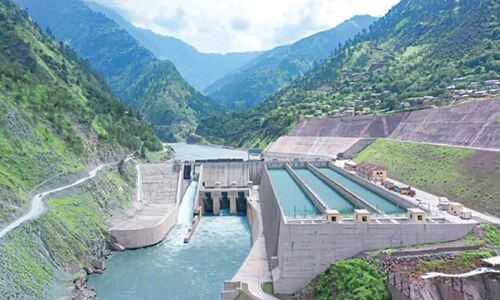JAKARTA, Jan 29: Indonesian palm oil producers are urging the government not to raise export taxes or apply export quotas to secure supplies for domestic refiners, saying such moves would hurt overseas demand, an industry official said on Monday.
Industry Minister Fahmi Idris said last week the government was seeking to regulate crude palm oil exports to help ensure sufficient stocks for local refiners and to encourage them to produce more palm oil by-products.
The government has yet to decide what instruments to use to regulate exports, but Idris said regulation might be in the form of export taxes or through non-fiscal policies.
Susanto, head of the marketing unit at the Indonesian Palm Oil Producers Association (Gapki), said Indonesia would lose markets, such as India, Pakistan and China, if it raised export taxes or applied quotas to curb palm oil exports.
“We cannot go against market mechanisms. If we leave the markets, they soon will be filled with crude palm oil from other countries or other vegetable oils,” Susanto told a news conference.
Crude palm oil is currently subject to a 1.5 per cent export tax, while other products, such as RBD palm oil and palm olein, are subject to a 0.3pc export tax.
Indonesia, the world's largest palm oil producer after Malaysia, exports around 75 per cent of its palm oil output and the rest is consumed by local food and oleo chemical industries.
The government wants the downstream palm oil industry to produce more by-products, such as oleo chemicals and bio diesel to add value to the commodity.
Susanto said exports of palm oil products already exceeded shipments of crude palm oil.
Based on Gapki data, crude palm oil accounted for 43.73 per cent of total palm oil exports at 10.52 million tons in 2005, while the bulk was made up of derivatives, including cooking oil, stearin and glycerine.
“What more should we do with palm oil? Exports of palm oil by-products are already bigger than crude palm oil,” he said.
He added any new moves to regulate the palm oil sector should not be at the expense of the upstream industry.
Indonesia's crude palm oil output is expected to grow by about 12 per cent in 2007 to 16.4 million tons, from 14.7 million in 2006. —Reuters















































Dear visitor, the comments section is undergoing an overhaul and will return soon.